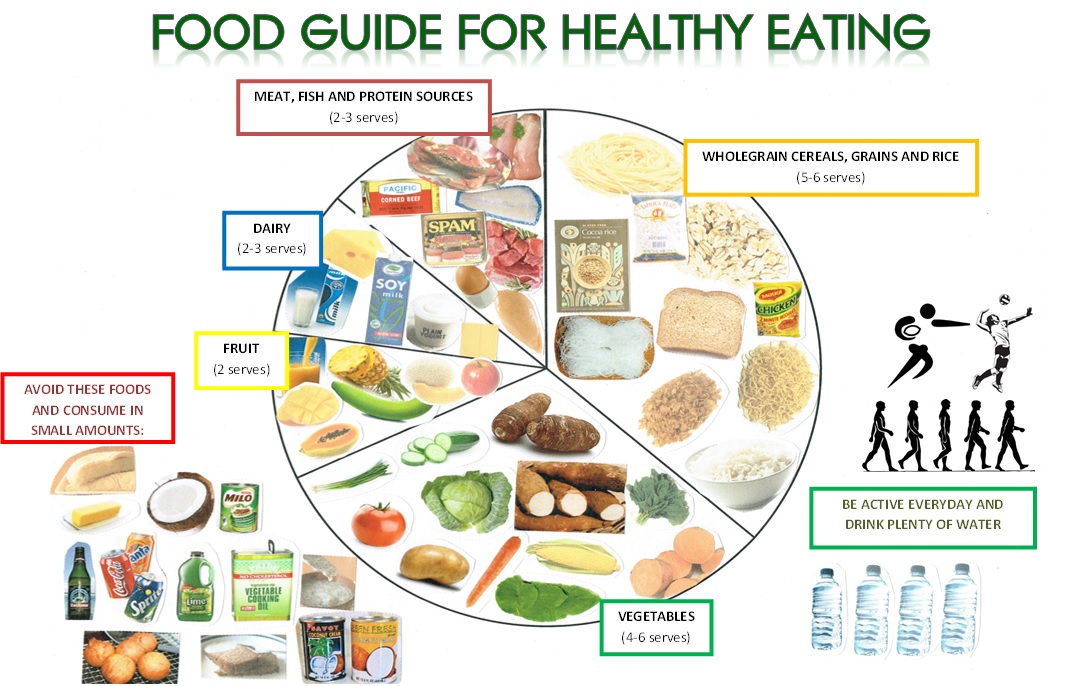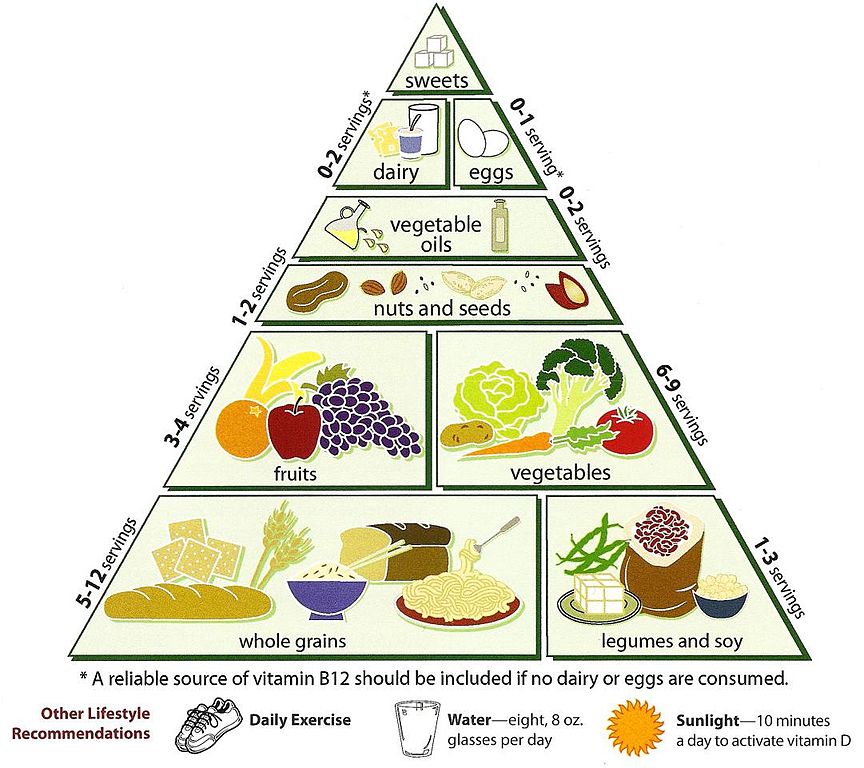Have you seen the different diets online lately? They are so many that they have ended up confusing instead of helping us live a healthy life. Each ‘nutritionist’ has their take on what is the best nutrition that people should adopt.
If you are a beginner looking for valid eating advice, you might end up being more confused. Eating healthy should be easy and should follow basic nutrition principles. As a beginner, you must first understand why you need to eat healthy foods in the first place?
What do you want to achieve? How practical is the diet being given? If you can answer these questions, then you are on the right track. Follow this beginner’s guide to healthy eating below.

What Is Healthy Eating?
Healthy eating entails eating a diet that helps maintain or improve overall health. A healthy diet gives the body essential nutrients like micronutrients, macronutrients, fluids, and adequate calories.
Ultimately, a healthy diet improves brain function, physical performance, and overall general health. If a diet caters to only one aspect of life, then it is not healthy eating.
Why Healthy Eating?
Eating healthy keeps at bay numerous diseases. For instance, eating junk and high-calorie foods leads to lifestyle diseases like hypertension, heart diseases, deep vein thrombosis, and metabolic diseases.
Also, sugary foods lead to type 2 diabetes and obesity. Also, most processed foods are linked to cancer, which is the leading killer today. A healthy diet improves brain function, physical performance, and growth.
The micronutrients you get from a proper diet aid in the proper formation of cells and organs. Also, micronutrients like calcium help information of strong bones hence avoiding accidents and injuries.
If you are active in sports or exercise, a healthy diet can help you perform better. You won’t feel tired or fatigued all the time, as is the case with junk and high fatty foods.
Calories Versus Energy balance
Total calorie intake plays an important role in health and weight control. It is important that you do calorie counting to take in enough calories needed for essential body functions such as thinking, breathing, walking, eating, and talking.
If you eat a lot of calories, it will be used for the listed functions. The excess is stored in muscles as fat. If you keep eating excess calories, it leads to gain weight.
How Many Calories Does Your Body Need?
The amount of calories you need depends on factors like weight, age, gender, and activity level. For instance, a 25-year-old male athlete needs more calories than a 70-year-old woman that doesn’t exercise.
If you are unhappy with your weight and need to lose, you need to create a calorie deficit. You will achieve it by eating fewer calories than your body burns. There are also various apps to help you keep track of your calorie intake.
Macronutrients
The food we eat contains three macronutrients; fats, carbohydrates, and protein. These macronutrients are needed in relative amounts due to the calories they provide and have various functions to the body.
The amount of macronutrients you eat depends on your lifestyle, personal preference, and lifestyle. Proteins provide 4 calories per gram. Main protein sources are fish and meat, eggs, dairy, legumes, and vegetarian alternatives.
Carbohydrates contain 4 calories per gram. Carbs foods are all starchy foods like pasta, bread, and potatoes. Other examples include legumes, fruit, sugar, juice, and some dairy products.
Fats give 9 calories per gram. Main fat sources include seeds, nuts, butter, oils, cheese, oily meat, and oily fish.
Micronutrients
These are important minerals and vitamins that you require in smaller doses. The commonest micronutrients are magnesium that helps in cellular processes, nervous system, and muscle contraction.
Potassium is essential for fluid balance, blood pressure control, and muscle functions. Other micronutrients are calcium for bone formation and vitamins.

Eating Whole Foods
If you want healthy eating tips, you need to incorporate whole foods in your diet at least 80-90%. The term ‘whole foods’ describes natural, unprocessed foods that are made of only one ingredient.
A product that seems to be made out of a factory is not a whole food. Whole foods are nutrient-dense and have a lower energy density, which means they contain fewer calories.
On the other hand, processed foods are often called ‘empty’ calories and have little nutritional value. Therefore, the overconsumption of processed foods leads to obesity and other lifestyle diseases.
Recommended Foods
A healthy diet is based on the following foods.
- Vegetables because they are low in calories yet have lots of micronutrients and fiber.
- Fruits provide a naturally sweet treat and provide micronutrients and antioxidants that improve health.
- Fish and Meat are the major sources of protein. These are a staple in the human diet through vegetarian and vegan diets have become popular too.
- Eggs are considered the healthiest food on the planet. Whole eggs are loaded with proteins, micronutrients, and beneficial fats.
Final Thoughts
Healthy eating is the way to go if you want to lead a better life. Junk food and processed foods are loaded with calories and lead to obesity and lifestyle diseases, so it’s best to avoid them.
Rather eat whole foods, fruits, vegetables, and meat and fish. Also, ensure you calculate your calorie intake to avoid obesity.
